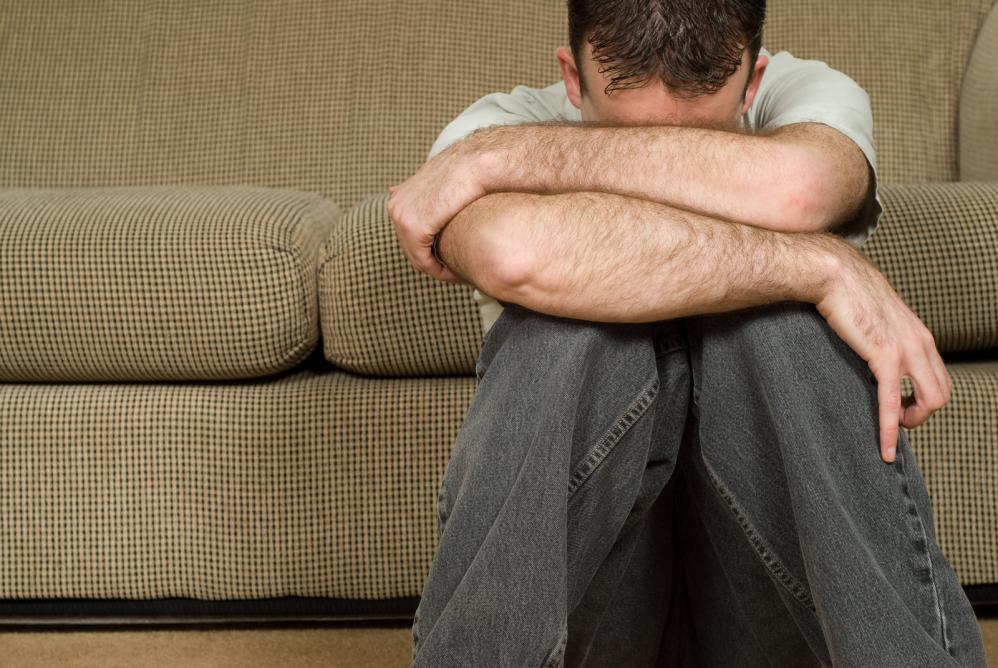Unfortunately, millions of people in the world do not consider depression as a ‘real’ health problem. More often than not, depressed people are told to just ‘get over’ it because ‘it is all in their head’. Some people even think you can ‘catch’ depression as you catch a cold – hence them taking it lightly! The number and nature of misconceptions out there are unbelievable!
Although mental illness is still not as widely accepted as we would like it to be, there is progress – more people are starting to think of concerns like depression as any other health concern.
One possible reason, among many others, for people not taking depression seriously may be due to the throwing around of the word ‘depressed’ lightly. People need to understand that having a case of the blues is not what depression is all about. Simply put, being sad is not a real medical illness but clinical depression undoubtedly is.
Differentiating between sadness and clinical depression
Depression is a real, terrible, and often a lethal disease – and it should NOT be compared with low mood, sadness, or a state of not being happy. It differs from these usual mental states in terms of the intensity of suffering experienced.
A person with a low mood is not likely to be dysfunctional, a depressed one is! Depression ruins relationships and leaves one incapable of carrying out daily activities and duties – it is not less serious than a physical handicap.
Moreover, depression is not a mere exaggeration of occasional sadness that comes with particular traumatic events. With depression, there is often an absence of an external cause, which makes the sufferer suspect himself of madness, making his condition even worse!
Contrary to normal mental states, clinical depression does not only affect mood and thoughts but also has a physical manifestation. Depressed patients tend to have higher levels of stress hormones in their bodies and some parts of their brain show decreased activity.
Symptoms of depression
A depressed individual tends to experience a wide array of symptoms, which may include:
- Persistent sadness, emptiness, or anxiousness
- Feelings of hopelessness and pessimism
- Feelings of guilt, hopelessness, and worthlessness
- Irritability and restlessness
- Loss of interest in activities previously found interesting
- Lack of energy and constant fatigue
- Difficulty concentrating and making decisions
- Insomnia or hypersomnia
- Loss of appetite or overeating
- Suicidal ideation
- Headaches, body pains, cramps, and digestive issues
Only people who have gone through a depressive phase can actually understand what it feels like to be depressed. Considering this, there are chances that the negative stigmas surrounding depression will never go away unless every individual in this world experiences depression – you got the point!
The bottom line is that depression is a very ‘real’ disease in every way and it should be treated as such. If anyone around you is suffering from depression, do not stigmatize or discriminate them. Instead, try to empathize and help them in any way possible.

